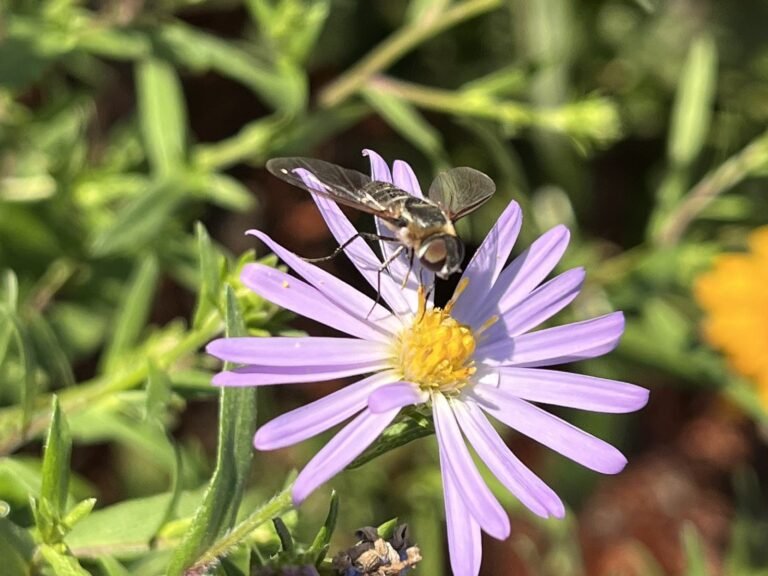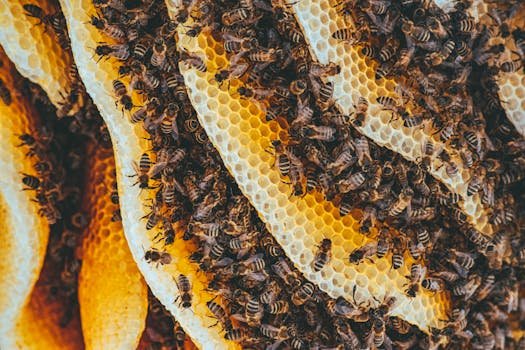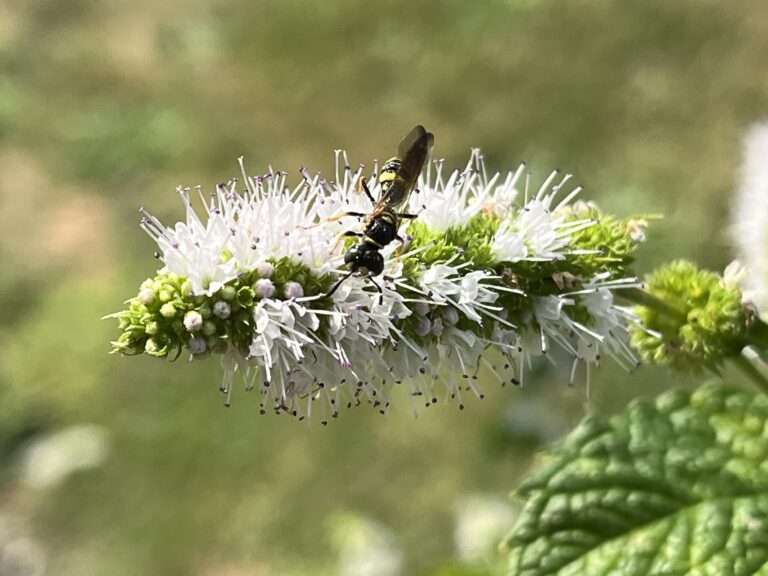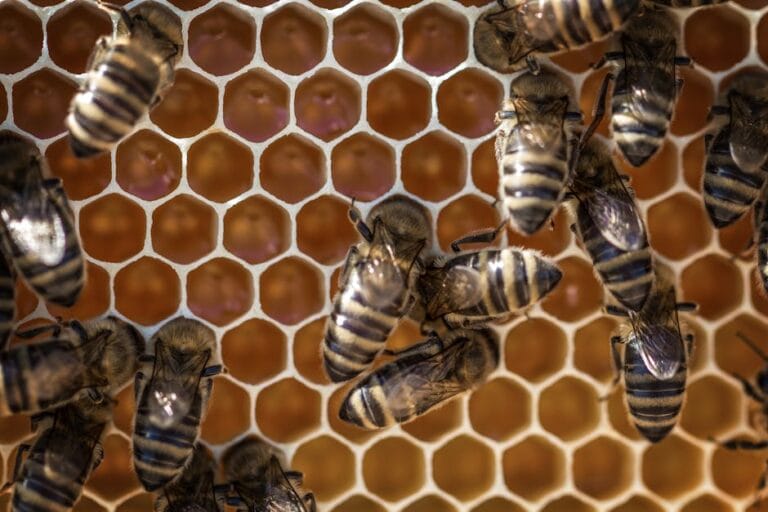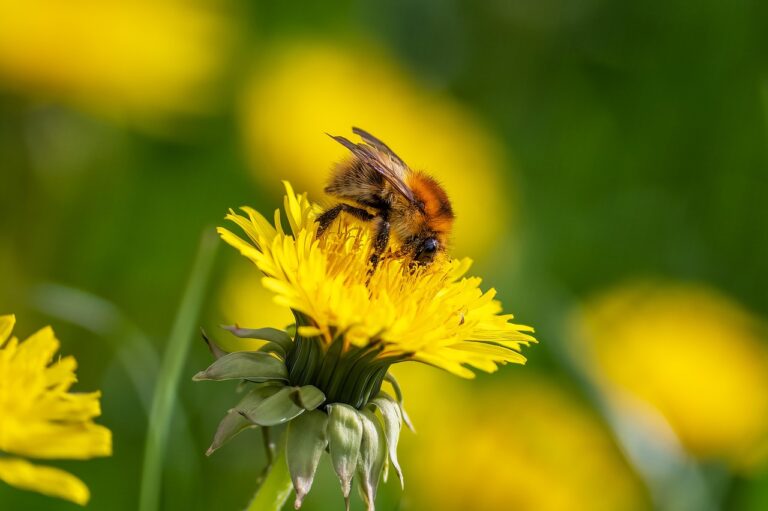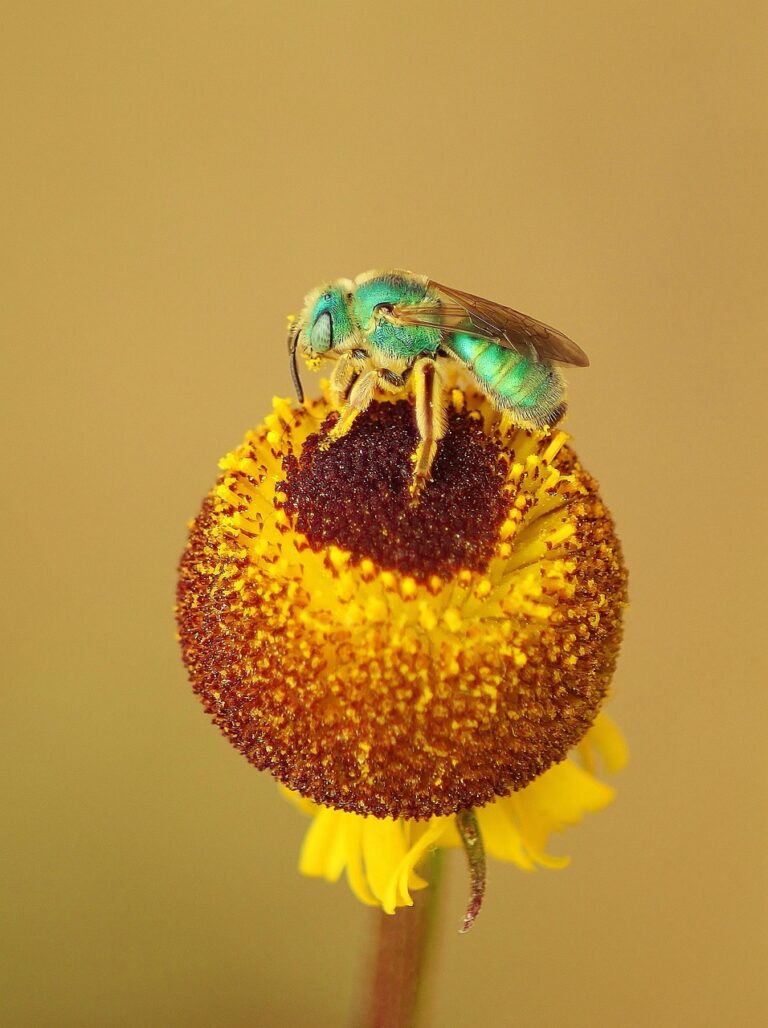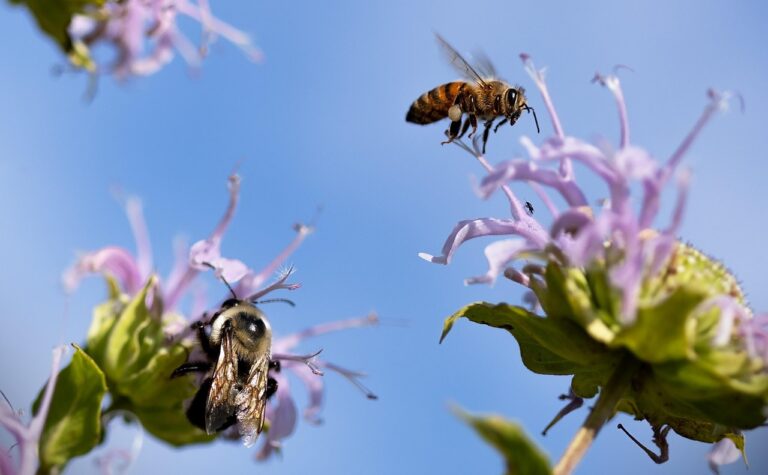How to design a season-long bloom schedule for bees
Picture by Kristina Paukshtite via Pexels Designing a season-long bloom schedule for bees involves selecting a range of plants that provide continuous flowers and nectar from early spring through late fall. This approach ensures bees always have access to food across the active months.[1][2][3] Designing a Season-Long Bloom Schedule for Bees Example: Seasonal Bloom Plant […]
How to design a season-long bloom schedule for bees Read More »


